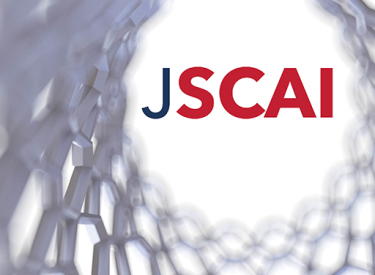SAN FRANCISCO–A new study presented today at TCT 2023 sought to evaluate the presence of racial, ethnic, and socioeconomic inequities in access to mechanical circulatory support in the United States among patients with cardiogenic shock (CS). The findings, published in the Journal of the Society for Cardiovascular Angiography & Interventions (JSCAI), revealed stark disparities, particularly among Black patients, that further highlight systemic inequities in access to lifesaving therapies.
CS is a life-threatening condition in which your heart suddenly cannot pump enough blood to meet the body’s needs. As a result, your blood pressure may suddenly drop to dangerous levels, and if CS isn’t diagnosed and treated quickly, it’s often fatal. Although CS is rare and cases are decreasing due to improved treatment options like innovative interventional procedures, approximately 40,000 to 50,000 cases still occur yearly in the US.
Using Medicare claims data, researchers identified large and significant racial, ethnic, and socioeconomic inequities in access to mechanical circulatory support. The data was used to identify patients with cardiogenic shock admitted to hospitals with advanced tMCS (microaxial left ventricular assist device (mLVAD) or extracorporeal membranous oxygenation (ECMO)) capabilities within the 25 largest core-based statistical areas, all major metropolitan areas.
After adjusting for age and clinical comorbidities, dual eligibility for Medicaid was associated with a 19.9% (95% CI, 11.5% to 27.4%) decrease in odds of receiving mLVAD in a patient with cardiogenic shock (P<0.001). After adjusting for age, clinical comorbidities, and dual eligibility for Medicaid, Black race was associated with 36.7% (95% CI, 28.4% to 44.2%) lower odds of receiving mLVAD in a patient with cardiogenic shock. Dual eligibility for Medicaid was associated with a 62.0% (95% CI, 60.8% to 63.1%) decrease in odds of receiving ECMO in a patient with cardiogenic shock (P<0.001). Black race was associated with a 36.0% (95% CI 16.6% to 50.9%) lower odds of receiving ECMO in a patient with cardiogenic shock after adjusting for Medicaid eligibility.
“The magnitude of the inequities that we identified in this project is the largest that we have seen within the literature and demonstrates a critically important and urgent issue that needs to be immediately addressed in the care of patients with acute heart failure,” said Aswin Nathan, MD. MS, lead author of the study and interventional cardiologist at the Hospital of the University of Pennsylvania and at the Corporal Michael C. Crescenz VA Medical Center in Philadelphia.
Researchers noted several limitations to the study, including patient-level access, which was limited to Medicare beneficiaries with limited age range and only beneficiaries with a diagnosis of cardiogenic shock. Less than 0.6% of the study participants received any form of tMCS, which limits the generalizability of the findings. They noted that despite the limitations, the stark differences in utilization between marginalized and non-marginalized groups highlight significant inequities.
Session Details: TCT 69: Racial, Ethnic, Socioeconomic, and Geographic Inequities in Access to Mechanical Circulatory Support; Ashwin Nathan; Moderated Abstract: Sex and Racial Disparity in Vascular Intervention – I; Wednesday, October 25, 2023, 4:00 PM PDT
What's New in Interventional Cardiology
Ground-breaking stories about what's happening in the field.

